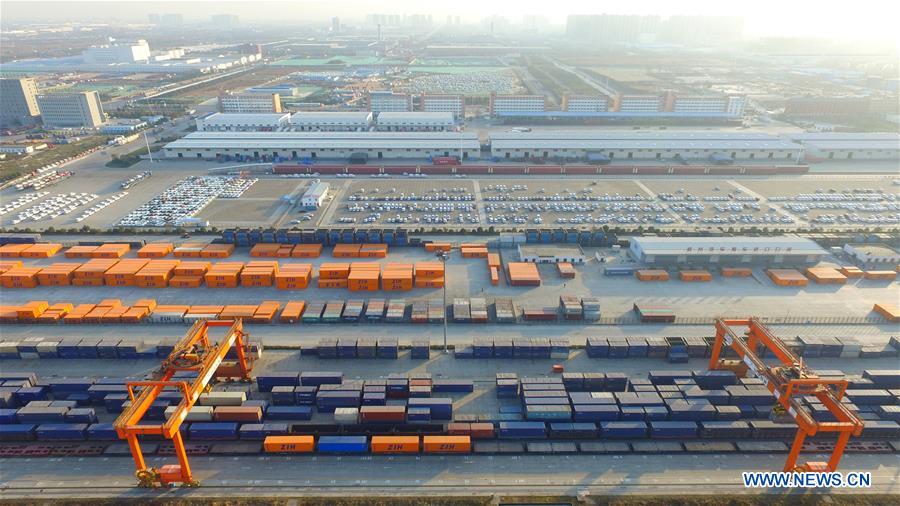Exporting China's voice will give it more say in global rule making
China Daily | Updated: 2018-12-25 07:38

At the annual Central Economic Work Conference held in Beijing last week it was proposed that the government should foster the transformation from an opening-up of commodities and production factors to an institutional type of opening-up. Beijing News comments:
Prioritizing institutional opening-up as a significant deployment of the overall opening-up course, has caught attention as it may represent a fresh approach to the current difficulties China faces at home and abroad.
The crux of the endeavor is to better dock domestic economic policies, rules and regulations with international conventions, and prompt the rationalization of international rules.
The opening-up of commodities and production factors targets more at facilitating the free flow of technology, talents and capital, while institutional opening-up emphasizes more on introducing international standards, and exporting China's voice in a bid to promote reform of the international trade and economic rules in the direction of fairness and justice.
First of all, China should accelerate the institutionalization of its practice and experience in some fields where it has initiated the efforts of dovetailing its domestic systems with international conventions, such as the intellectual property rights protection, so as to expand the bonuses of some successful pilot reforms nationwide.
For instance, establishing new IPR protection institutions is conducive to turning the IPR protection into an axis of economic activities.
Second, China should speed up the institutionalization of some ongoing reforms, such as the negative list model for the administration of foreign investment. It is time to upgrade the reform achievements, which remain sporadic in different free trade pilot zones in forms of local practices, to a set of fixed regulation so as to carry it out as soon as possible nationwide.
Last but not least, as a main pillar of economic globalization and multilateralism, China is obliged to strive for more say in the realm of international trade and economic institutional reforms, and fight against trade protectionism and unilateralism, not only to maintain a stable external environment for itself, but also to promote the common interest of the world.
























